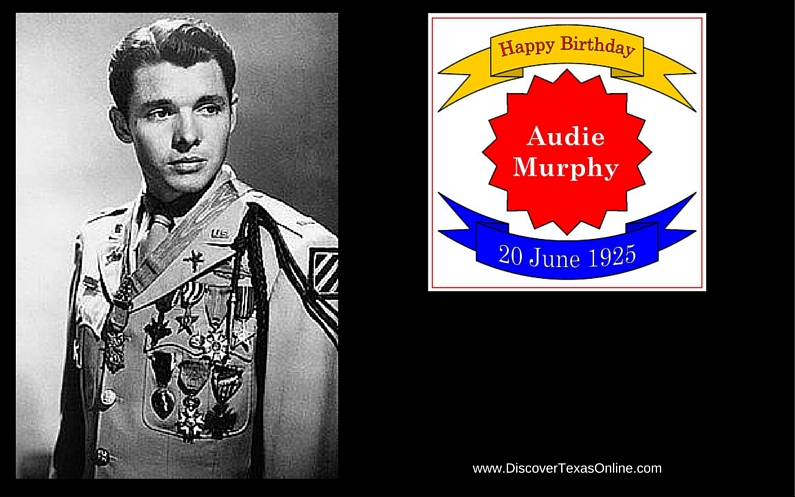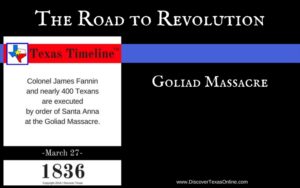Audie Murphy was born June 20, 1925 in Kingston, Texas and grew up to be one of the most decorated American soldiers of World War II, earning every military combat award for valor available form the U.S. Army as well as awards for heroism from France and Belgium. When he was just 19 Audie single-handedly held off a full company of German soldiers for an hour at the Colmar Pocket in France, then lead a successful counterattack though he was wounded and out of ammunition. For this Murphy received the Medal of Honor for valor.
Audie was the seventh of twelve children in an Irish sharecropping family. His early life was hard. The Great Depression struck when he was five. His father neglected and eventually abandoned the family. Audie dropped out of school in fifth grade to pick cotton for a dollar a day and work other odd jobs to support the family. He gained skill with a hunting rifle to hunt game for the table. If Audie gained a reputation as a moody loner with an explosive temper as a child, it’s perhaps small wonder. His mother died when he was 16. Audie worked a variety of jobs to support himself, but his three youngest siblings were placed in a Christian orphanage.
Deep down, Murphy had always wanted to be a soldier. When the Japanese bombed Pearl Harbor in December 1941 and America entered World War II, Audie tried to enlist. Though Marvel Comics created Captain America in March 1941, the superhero’s story looked a great deal like Audie Murphy’s. He applied to the Army, the Navy, and the Marine Corps, but they all turned him down. He was too young and too small. Finally his older sister helped him falsify the birth date. Murphy was enlisted into the U.S. Army in June 1942, and his battlefield exploits made him look like a real-life Captain America. The nation loved him!
When he returned from the war, Audie purchased a house for his older sister so that his younger siblings would have a home from which to launch their own lives. He continued to support his country through the Texas Army National Guard even as he launched an acting career, wrote his memoirs, and played himself in a movie. He became popular in westerns on screen and on television, experienced some success as a songwriter, and bred quarter horses for racing…but there was a dark side to Audie’s success. The sadness of his childhood never left him, and the horrors of war only added to his depression. Audie had trouble sleeping, and when he did, he suffered nightmares. He slept with a loaded handgun under his pillow. His head hurt, making him frequently sick to his stomach, and he accidentally became dependent became dependent on sleeping pills. (He locked himself in a hotel room for a week to break his addiction.) Today we understand that Audie was suffering from PTSD (post-traumatic stress disorder), but soldiers from WWII, WWI, and even the Civil War knew the condition only as “battle fatigue” or “shell shock”. No treatment was offered.
Many soldiers were ashamed to speak of their symptoms, fearing they would be thought cowardly. When Audie Murphy recognized the same symptoms in Korean War and Vietnam War veterans, he spoke out candidly about his own struggles and used his influence to call on the government to pay more attention to the issue–to study the emotional impact of combat and to extend healthcare benefits to veterans. As a result, Congressman Olin Teague introduced legislation, but Audie did not live to see it.
Shortly before his 46th birthday, Audie Murphy died in a private plane crash in Virginia on May 28, 1971. The Audie L. Murphy Memorial VA Hospital in San Anotnio was dedicated in his honor two years later. Audie Murphy was buried with full military honors at Arlington National Cemetery, as befits a hero.
You can learn more about the life and contributions of Audie Murphy at the Audie Murphy/American Cotton Museum in Greenville, Texas.



